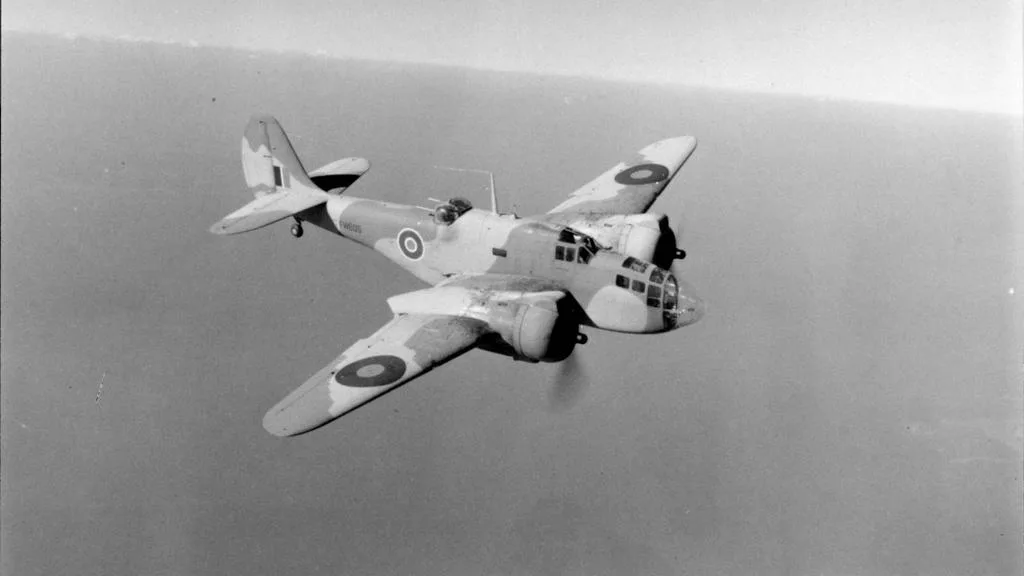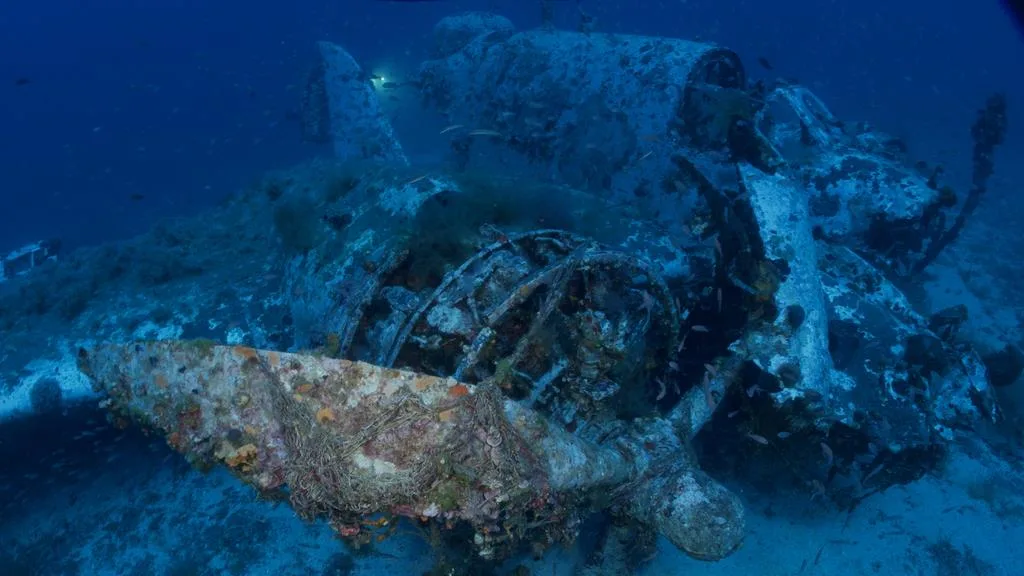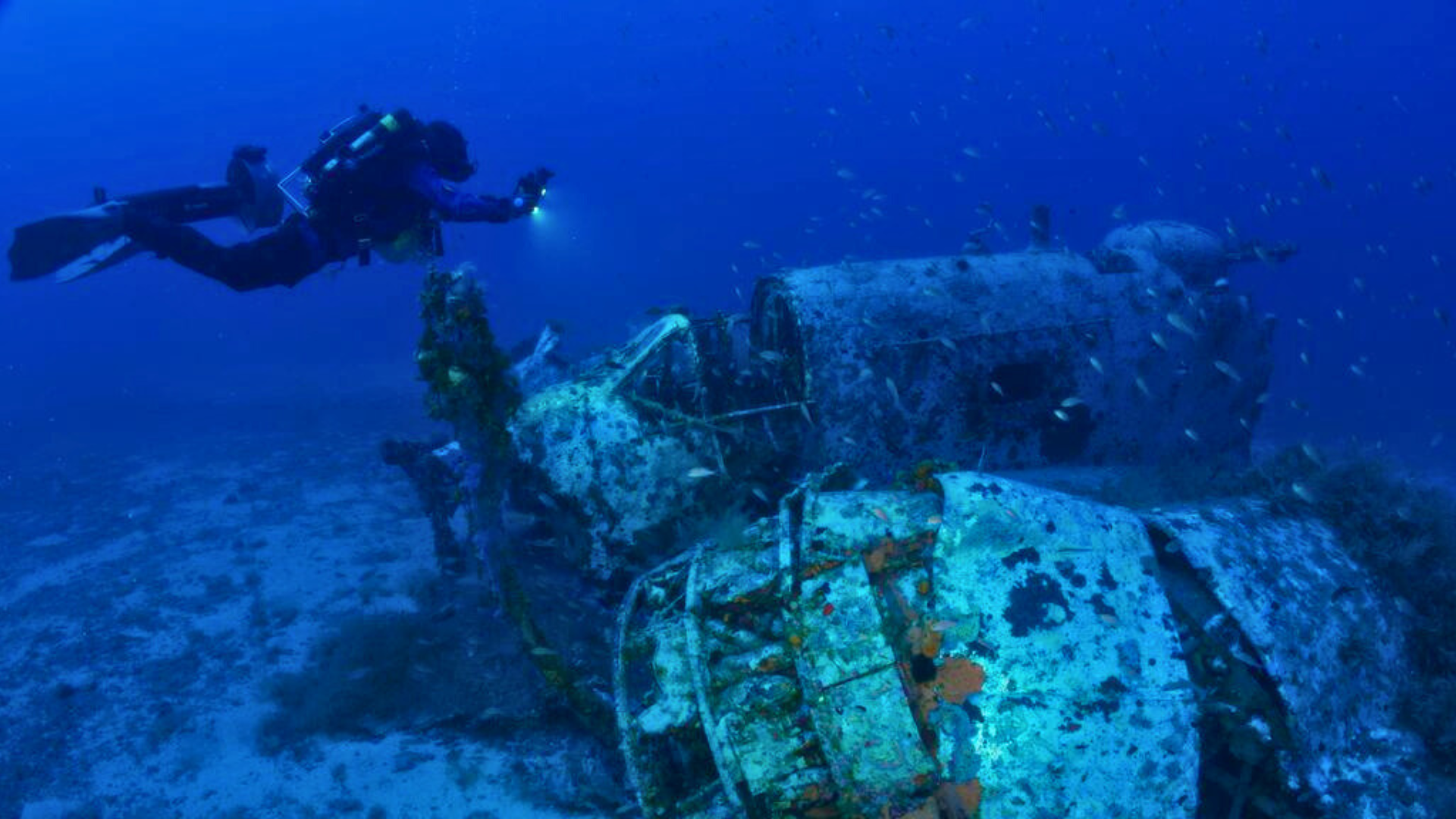A Royal Australian Air Force (RAAF) bomber lost during World War II has been found off the coast of Greece, resolving the 82-year mystery surrounding the final resting place of three crew members.
The wreck of the Baltimore bomber, RAAF Baltimore FW282, was located 61 metres underwater near the island of Antikythera by the Greek technical diving group AegeanTec.
The aircraft was shot down during a marine reconnaissance mission on December 3, 1943, after being intercepted by a German fighter while returning from a mission over the Aegean Sea.
The Australian pilot, Flight Lieutenant William Alroy Hugh Horsley, managed to ditch the plane but was knocked unconscious.

He later woke up to find the cockpit filling with water, swam to shore, and was captured by German authorities, spending the rest of the war as a prisoner of war.
The rest of the crew—RAF Flight Lieutenant Leslie Norman Row, RAAF Pilot Officer Colin William Walker, and RNZAF Warrant Officer John Gartside—were listed as missing and presumed dead until the wreck’s discovery.
RAAF Chief of Air Force, Air Marshal Stephen Chappell, called the discovery “significant,” offering closure for the families of the fallen aviators.
“The efforts of groups such as AegeanTec are critical for us in accounting for those 3143 Australian aviators with no known grave from the Second World War and the Korean conflict,” he said.

RNZAF Chief of Air Force, Air Vice-Marshal Darryn Webb, emphasised the importance of remembering the crew’s sacrifice, stating that it has long been remembered by their families.
RAF Chief of the Air Staff, Air Chief Marshal Sir Richard Knighton, praised the enduring relationship between Australia, New Zealand, and the UK, calling the crew’s sense of duty an inspiration for future generations.
The RAAF will coordinate a memorial service, but the wreck of Baltimore FW282 will remain on the sea floor as a tribute to the fallen crew.
Source: The Australian.
